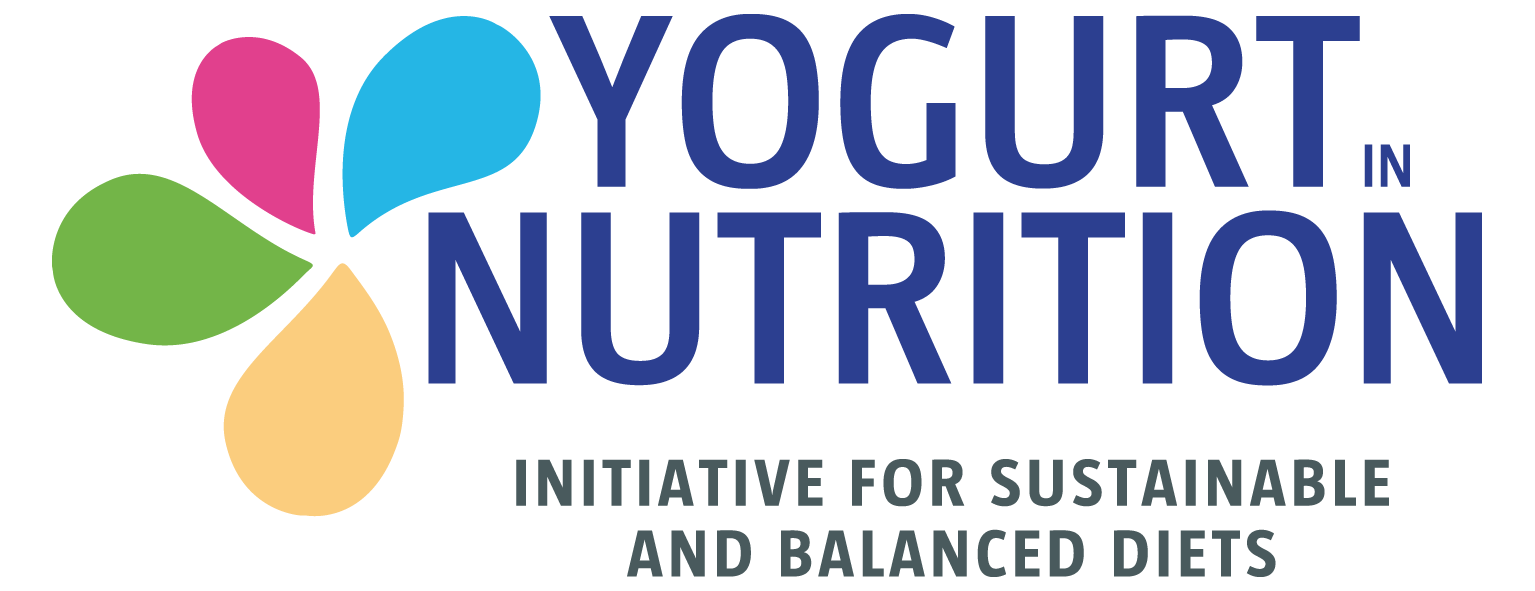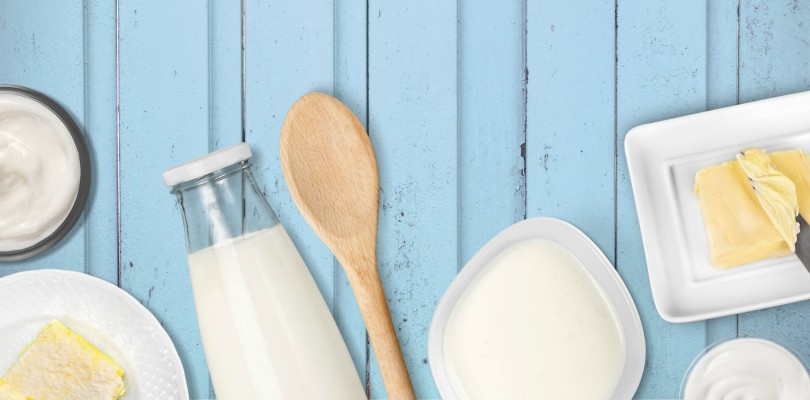Beneficial effects of fermented dairy products
According to the authors, the evidence from comparative case studies on lactase persistence (LP) or lactase non-persistence (LNP) are more supportive for a protective or at least non-adverse role of milk and dairy foods against colorectal and ovarian cancers.
The adverse effects of dairy products on prostate cancer were more suggestive, rather than decisive, and were mostly linked to the consumption of low-fat milk. Moreover, the researchers underline the positive contribution of probiotics in fermented dairy products to balance intestinal microbiota and thereby exert an immunomodulatory function. This may lead to improved gastrointestinal physiology and benefits the recovery from many gut-associated disorders, including gastro-enteritis, inflammatory bowel disease and constipation.
Dairy products recommended
According to the authors, milk and dairy products should not be ignored in daily nutrition. And in case of LNP, they recommend reducing the amount of dairy products rather than the frequency of consumption, and using fermented dairy products that contain active microbial lactase. Finally, they draw attention to the fact that low consumption of dairy products among LNP individuals is associated with a modified gut microbiota, which could be associated with disorders such as Irritable Bowel Syndrome (IBS), the incidence of which is on the increase.





